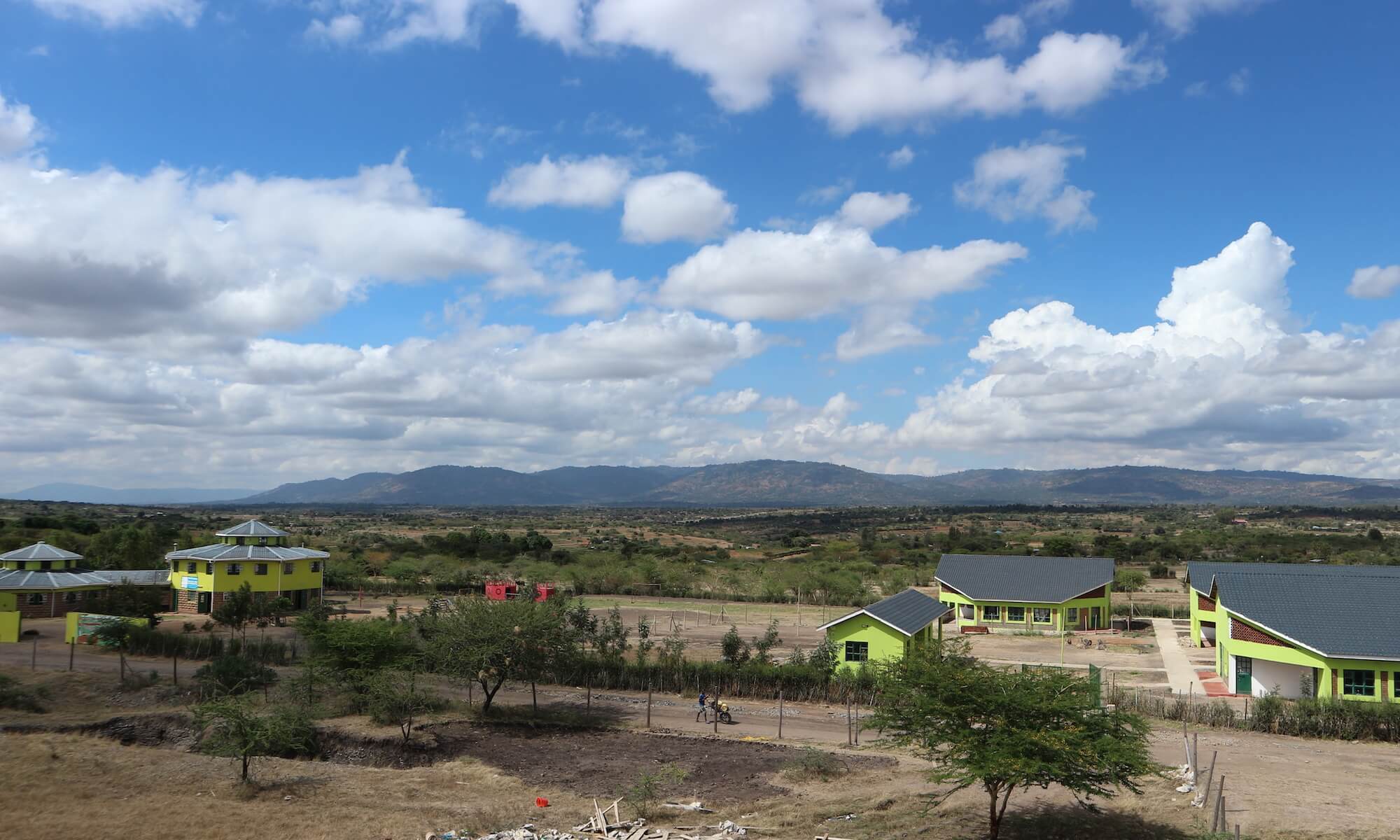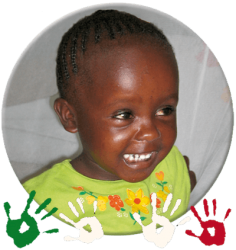The outer districts of the booming capital city of Kenya are only about 50 km away, but here, in rural Kenya, the situation is a completely different one: small huts are embedded within narrow agricultural fields, where the population attempts to eke out a living. Everywhere one sees a lot of children and teenagers, their parents either dead or their mothers living in the big city, having migrated there in search of a livelihood to support themselves and their children. Left behind are grandmothers in charge of droves of children, with neither the money nor the energy to care for their education.
This is where the Maisha Mazuri Children’s Centre is located, which strives to both support children and adolescents so as to improve their
general living conditions and to offer them a sustainable future and to also raise the living standards of the entire community over the long term, all with an eye toward breaking the cycle of migration. A children’s home currently housing 39 children belongs to the Centre, as do 85 additional children and adolescents in the partner programme, who receive support while still living with their families; in addition, the Centre offers continuing education classes, parenting programmes, economic good-neighbor projects, a clean water supply, ecological agriculture, an annual health clinic, a kindergarten, an elementary school, and — since January 2019 — a dual track secondary school.
Maisha Mazuri Children Centre
children found a new home here
Maisha Mazuri Partnerprogram (in total)
children and their families are supported by us overall
Academy of Maisha Mazuri Senior Secondary School
students learn with us for their future


